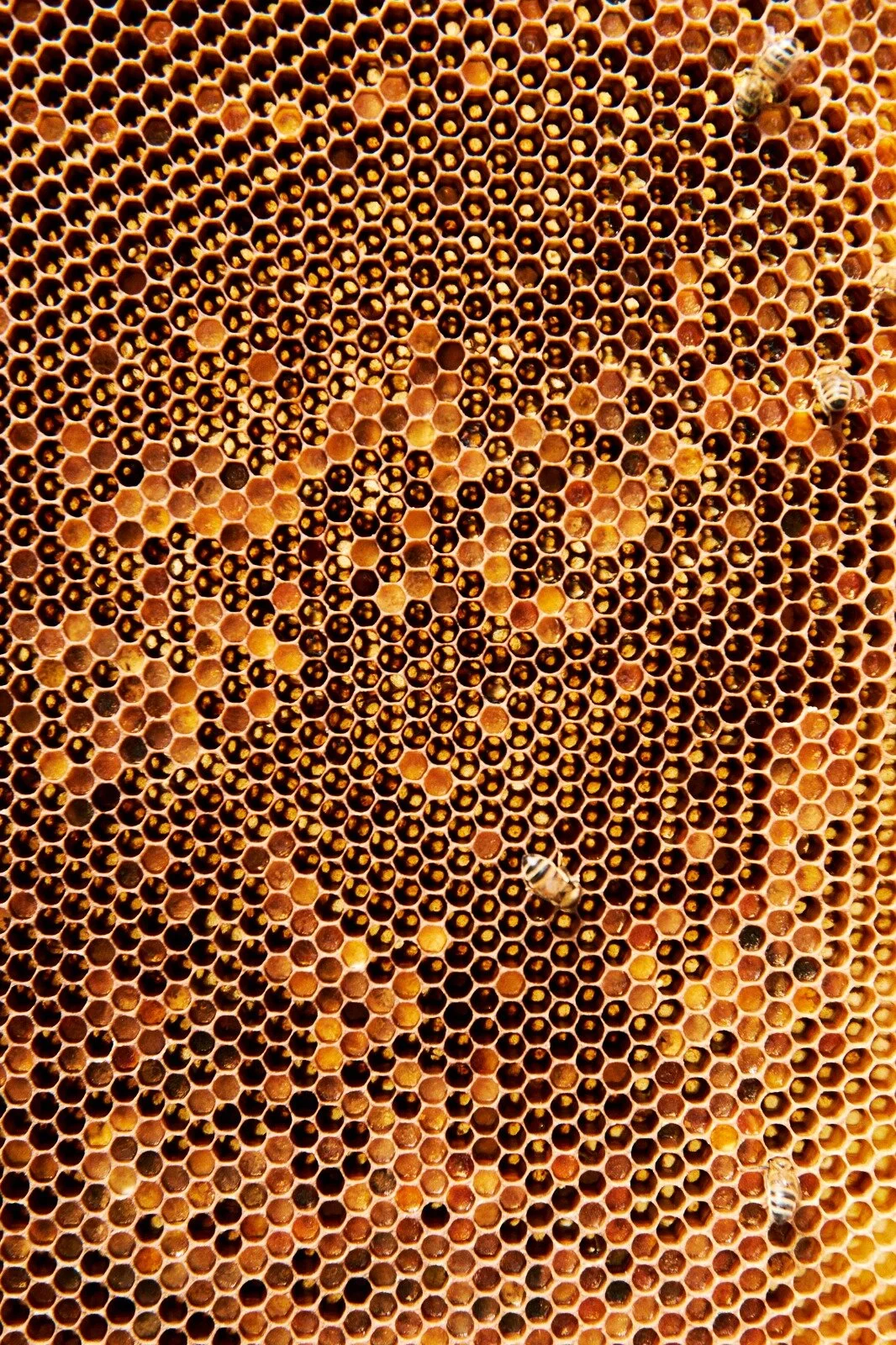Beyond Honey
“When I fled Syria for London I was really struggling with PTSD and beekeeping helped me find peace. That’s how the idea for Bees & Refugees came to me. I realised that if it was helping me, it could also help others.”
Recent years have seen a dramatic increase in the popularity of beekeeping, due in large part to the increased demand for localized, sustainable food products. However, though for many keepers, honey may be the primary incentive, the practice can offer so much more, something community interest project Bees & Refugees are seeking to convey through their work.
The brainchild of 35-year-old Syrian refugee Ali Alzein, who fled his home city of Damascus in 2013 following the outbreak of the Syrian Revolution, the project offers beekeeping therapy to refugees and other local residents in eight different locations across London.
Founder, Ali Alzein
Prior to the onset of the Revolution, Alzein had worked in fashion and shortly after arriving in London in 2014 he began working at a high-end clothing store in one of the city’s most affluent boroughs. However, facing PTSD and depression, he struggled to adapt his new role:
"It was very contradictory working in a high-end fashion store and seeing people spend millions of pounds, and working with high-spending customers who were mostly wives of corrupt politicians from all over the world and then to go back to a volunteer at a refugee camp. It was heartbreaking to see complete opposite worlds… it helped me make up my mind to leave that industry and do something more sustainable".
He was introduced to beekeeping through his grandfather during his childhood and upon his arrival in London he resumed his hobby, keeping bees in his back garden as a means of relaxation and catharsis. After leaving his job in the fashion store, he took up the practice full time, and then, earlier this year launched Bees & Refugees, with the intention of sharing the experience with others. He donates hives to both community and domestic gardens across London, and runs workshops for refugees and local residents, in which he teaches all aspects of beekeeping and educates on the importance of the practice.
We met Ali in Ealing, where fellow Syrian refugee Mohammed and his family host two colonies, the British Black Bee and the Carniolan Honey Bee - in their back garden. Ali and Mo reflected on their experiences and informed us of the importance of being calm and gentle when approaching the hive.
“Bees are our friends, they pick up on your energy. If you are calm, so are they” says Ali, whilst lifting a frame of honey from the hive to show us what the bees had created.
Ali & Mohammed inspecting a frame of honey
Unlike most beekeeping projects, Bees & Refugees primarily focus on the welfare of the bees rather than on the production of honey, working tirelessly at keeping the British Black Bee, an endemic species thought to be key to reversing the decline in domestic honeybee colonies, and one that has been close to extinction for the past century.
“Our (honey) production is very minimal because we want to leave much more honey to the bees to flourish and expand…”
Despite the sharp increase in managed honey bee colonies in London, large scale construction continues to limit the planting of large flowering plants and trees, and budget cuts have had a disastrous effect on the maintenance of public open spaces, both of which have led to increased competition between insects for diminishing food sources. In an attempt to counter this trend, Bees & Refugees work with community gardens to advocate for the environmental benefits of supporting the honeybee population.
In addition, they have partnered with the Young Refugee Service at the Red Cross to offer honeybee therapy workshops for unaccompanied refugee children. However, due to the economic fallout from the pandemic, like many other community interest organisations and charities, are facing financial shortfall and are in need of support in order to continue their excellent work.
Support Bees & Refugees. Here
Photography © Jamie Sinclair/ Illustrations © Diogo Rodrigues








